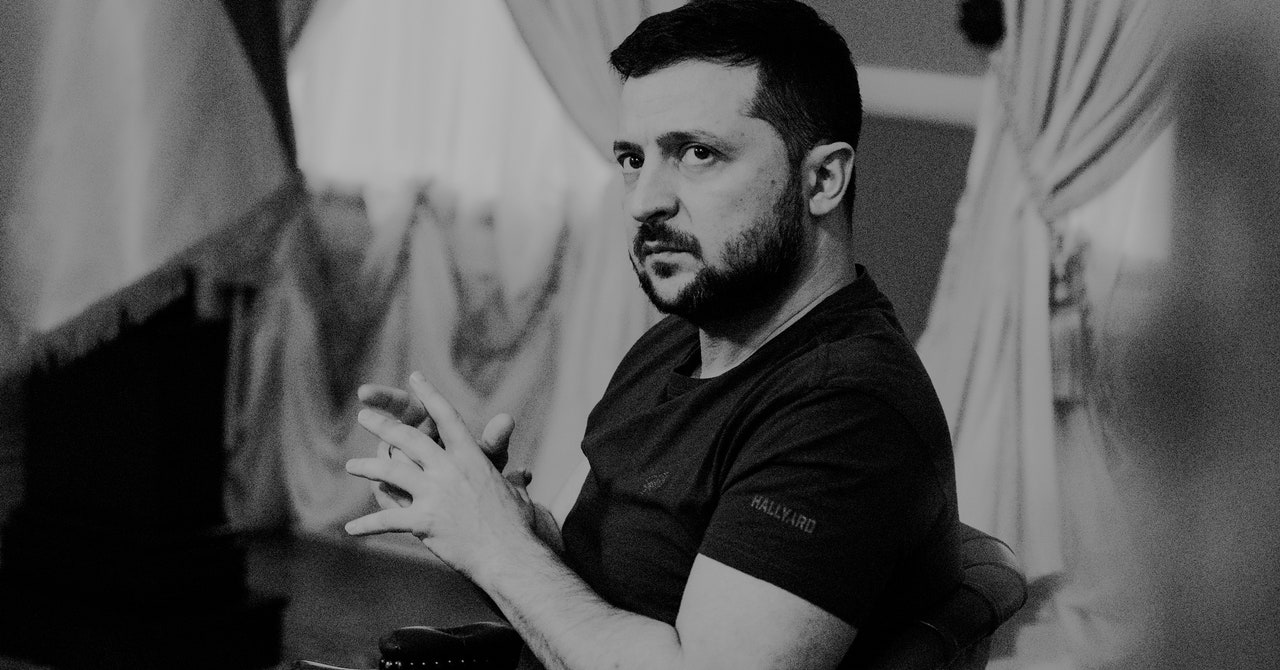Since Russian armed forces launched their all-out invasion in February, Ukraine is being hailed as an example of how to defend against violent tyranny on the 21st-century battlefield. The country mounted an “IT army” of volunteer hackers to take down Russian websites, used the Starlink satellite internet system to maintain communications while destroying its own infrastructure, and launched a social media blitzkrieg to rally support from across the country. all over the world to win.
In contrast, the Russian leaders, despite having a much more powerful traditional army, are stuck in the outdated strategic thinking of the last century. They were seemingly unprepared for the powerful, accurate, Turkish-made Bayraktar TB2 drones that Ukraine has used to decimate Russian tanks and ships. Russian cybersecurity systems were also weak: hackers who signed up for the IT military told me how they were constantly launching distributed denial-of-service attacks against Russian websites, posting pro-Ukrainian propaganda and news on sites that Russia hadn’t yet censored. . These hackers were not master cyber-warriors with black ops training, but teenagers and twenty-somethings in bedrooms and living rooms all over the world. With Google searches and WikiHow articles, they learned the art of basic hacking in just a few days. With a few weeks of practice, they said, they were able to get through Russia’s weak defenses and its massive cloak of war censorship.
So when I arrived in Ukraine in March, I wanted to understand how technology changed war. I spoke to soldiers about how the use of drones had disrupted the balance of power with Russia. I spoke to hackers about their successes and failures. And as the conflict progressed, I began to hear from Ukrainians how their experience of the war has changed from an intense and enthusiastic defense of the nation to long stretches of terrifying silence, punctuated by moments of joy, fear or panic with each new announcement of a Ukrainian or Russian advance.
Finally, in mid-May, I met Volodymyr Zelensky at the presidential palace in Kiev. The comedian-turned-president who has captured worldwide attention and successfully blamed world leaders for rallying behind his country didn’t look like the confident, charismatic person we’re used to seeing on TV and social media. He looked exhausted and haggard, his hands nervous and his eyes sunken. He seemed very anxious and insecure. And yet, as he answered my questions about the state of the war, the world’s response to it, and the role technology had played in helping Ukraine resist the Russian military machine, his answers were lyrical, interspersed with spontaneous smiles or a sharp comedic retort – a trademark of Zelensky.
In this expansive interview, condensed and slightly edited for clarity, Zelensky called on Big Tech to do more to pull out of Russia, praised Elon Musk’s Starlink, and explained why modern leaders should rely on the derivative social media generation . “We’re just living in a different time, no longer the time of postmen,” he said.
But he acknowledged that the war has taken its toll on the Ukrainians and is very personal to him. So I asked: Was he sorry? Would he have done something different? He answered bluntly: “I think this question should be put to the Russian president.”
WIRED: Many say you are an accomplished social media communicator. How do you hold the attention of an audience known for its short attention span? How do you ensure that people do not forget the war?
Zelensky: We are all in a social network. It no longer matters whether it is good or not; most of our lives are already online. People study online, get information; people read, people use it. This is our world now. It’s divided. The internet is a reality. It is not a different world, but rather a modern reality. So if you want people to see you for who you are, you have to use what people use.

